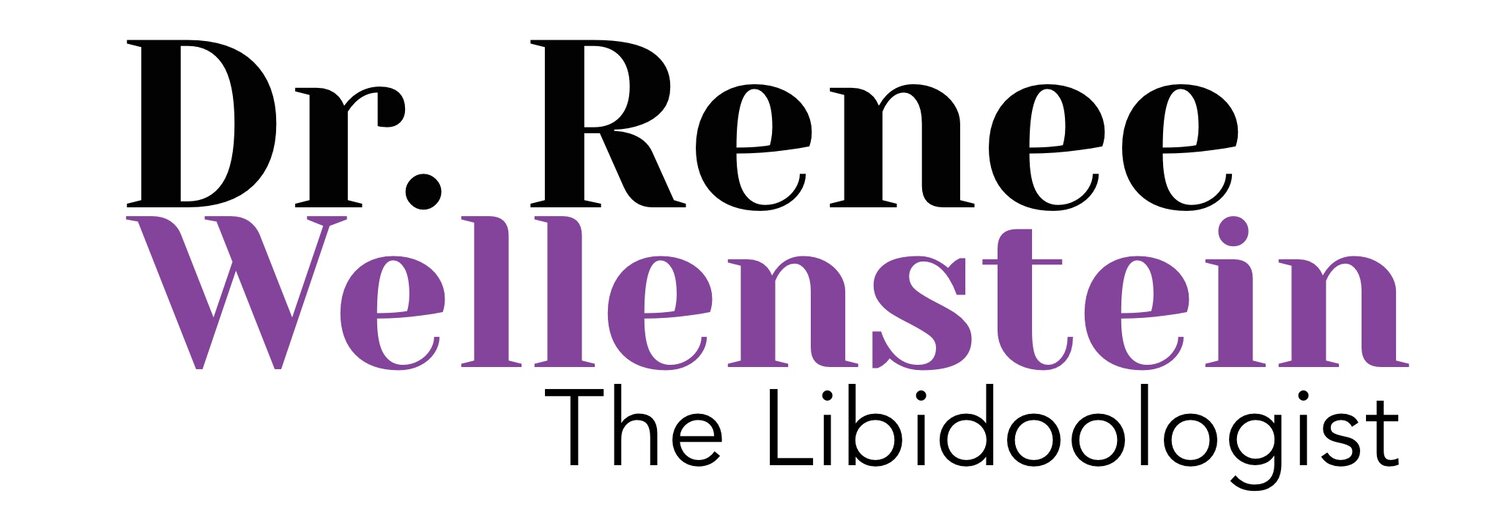The Overlooked Hormone That Could Be Wrecking Your Sleep, Mood & Periods
Photo by Sherise Van Dyk
When women hit their 40s and things start to feel off, the conversation almost always centers around one hormone: estrogen.
But what if the real issue isn’t too much estrogen...
What if it’s not enough progesterone?
If you're dealing with:
Insomnia (especially before your period)
Heavy, clotty, unpredictable cycles
Anxiety that seems to come out of nowhere
Mood swings that make you feel like a different person mid-month…
You’re not imagining it.
And you’re not alone.
What Is Progesterone and Why Does It Matter?
Progesterone is your body’s natural calmer—helping you feel grounded, sleep more soundly, and keep estrogen in check. It’s also essential for a regular, symptom-free cycle and for preparing your body for pregnancy during the luteal phase.
Unfortunately, it’s also the hormone that quietly disappears years before menopause actually hits.
Why Progesterone Starts Dropping in Your 40s
As you move through perimenopause, your body begins to ovulate less consistently.
No ovulation = no corpus luteum = no progesterone production.
You may still be cycling, and your estrogen may even be normal (or high), but without progesterone to balance it, your symptoms start showing up loud and clear.
What makes this more frustrating?
These symptoms often get chalked up to aging, anxiety, or stress—when the real root cause is hormonal imbalance.
The Role of Stress (and Why It Makes Progesterone Worse)
Here’s a sneak peek of what I break down in my recent YouTube video:
Chronic stress can actually interfere with your body’s ability to make progesterone—even if you’re still ovulating. This is a major reason women in their 30s and 40s feel increasingly burned out, anxious, and sleepless, no matter how clean their diet or how many supplements they try.
If you’re running on empty, pushing through stress, and experiencing monthly chaos, your progesterone might be paying the price.
Can You Support Progesterone Naturally?
Yes—but only if you support your body holistically.
That means addressing things like:
Blood sugar stability
Nutrient depletion
Nervous system dysregulation
Environmental exposures (like endocrine disruptors)
In my latest YouTube video, I share:
✅ Why stress is such a progesterone killer
✅ Signs you’re not making enough (and what to look for in your cycle)
✅ The form of progesterone I personally recommend (and why it’s different from creams)
✅ How to help your body make more of it naturally
Watch it here: Progesterone Deficiency: The Hidden Reason You Can’t Sleep, Think, or Stop Bleeding
What You Can Do Right Now
If you suspect low progesterone might be at the root of your symptoms:
👉 Take my free Hormone Imbalance Quiz to identify what might be off
👉 Grab the Hormone Balancing Starter Kit—a no-fluff mini course to help you start balancing hormones naturally
👉 If you're tired of chasing symptoms, apply to work with me 1:1 using my H.E.R. Method for women over 40
Don’t let hormone confusion keep you stuck.
You can feel better—and progesterone might just be the missing piece.


